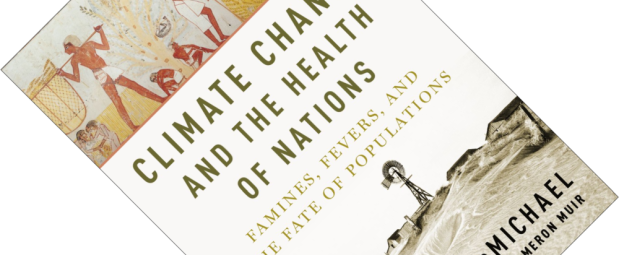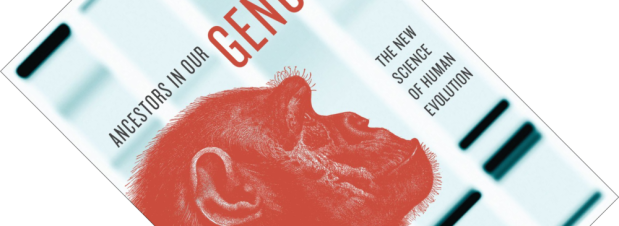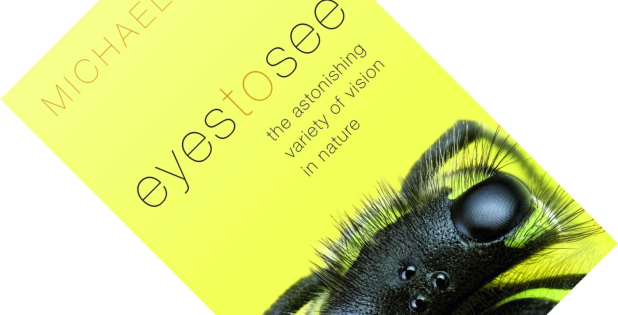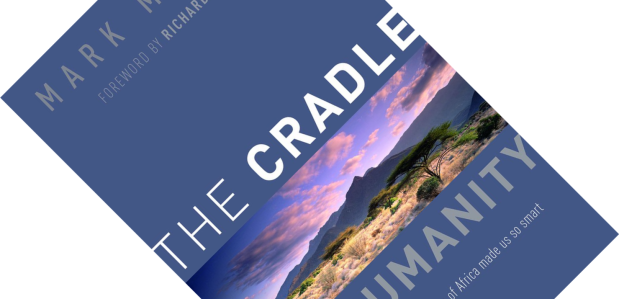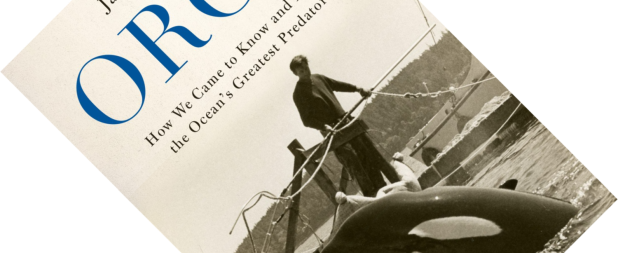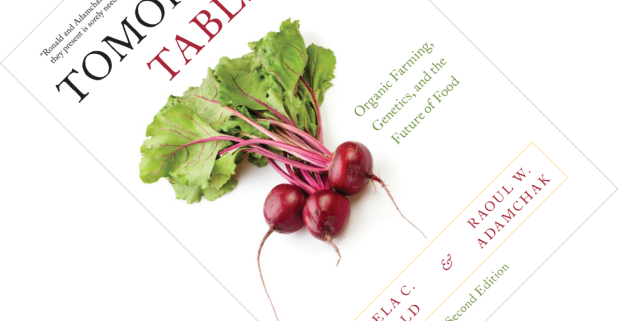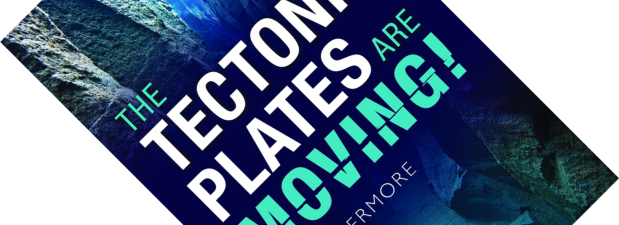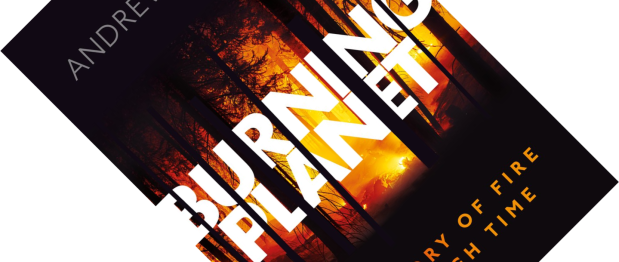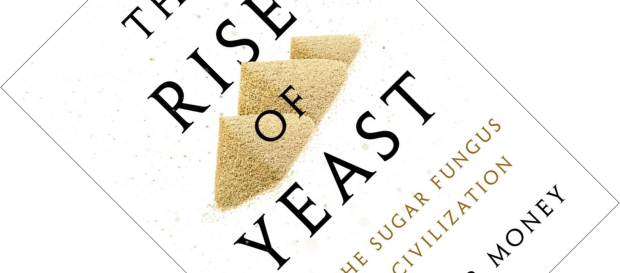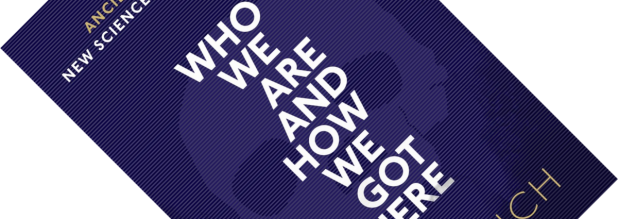When a history book leaves you reeling, you know that it has done its job properly. Climate Change and the Health of Nations is a grand synthesis of environmental history, charting the fate of civilizations and the links between climatic changes and the health of people. It is also a book that almost wasn’t.
Oxford University Press
Book review – Ancestors in Our Genome: The New Science of Human Evolution
After I read and reviewed Who We Are and How We Got Here: Ancient DNA and the New Science of the Human Past, I thought I knew about the changes to the story of human evolution based on studies of DNA. And given that Ancestors in Our Genome was published a few years before that book, I was curious what it could add to what I had been reading so far. As it turns out, a lot. As with my previous review, I should preface this one with the same warning that things are about to get complicated…
Book review – Eyes to See: The Astonishing Variety of Vision in Nature
I spy, I spy with my little eye… humans are visually oriented creatures and eyes are fascinating organs. Michael Land, an emeritus (i.e. retired) professor in neurobiology at the University of Sussex, is a world expert on eyes, having studied vision for over 50 years. Next to hundreds of papers, he co-authored the textbook Animal Eyes, which was published in a second edition in 2012, and the short primer The Eye: A Very Short Introduction. Eyes to See is his opportunity to reflect on a long career and simultaneously showcase the astonishing variety of vision, as the book’s subtitle would have it.
Book review – The Cradle of Humanity: How the Changing Landscape of Africa Made Us So Smart
The story of human evolution is constantly being refined with new findings and there is a glut of accessible books that cover this topic from various angles. Yet, with The Cradle of Humanity, geography professor Mark Maslin manages to provide an interesting and novel take on the subject, showing the reader how a happy combination of larger factors conspired to influence and steer our evolutionary trajectory. It could have ended up so differently…
Book review – Orca: How We Came to Know and Love the Ocean’s Greatest Predator
Orcas or killer whales have been at the centre of a swirling controversy for decades. Popular attractions in aquaria, their plight there has been highlighted in recent books and documentaries, further strengthening opposition to keeping cetaceans (i.e. whales, dolphins, and porpoises) in captivity. However, as Jason M. Colby meticulously documents in this book, there is a cruel irony at play here: this very practice of captivity is what raised our environmental awareness in the first place.
Book review – Tomorrow’s Table: Organic Farming, Genetics, and the Future of Food (Second Edition)
Aaah, GMOs. Was there ever a topic comparable to genetically modified organisms that riled people on either side of the debate this much? Written by an organic farmer and plant geneticist, Tomorrow’s Table is a marvellous work that walks the middle road, asking: Why should we not combine the best that organic farming and genetic engineering have to offer? Along the way, it exposes the often illogical, contradictory and, frankly, infuriating attitudes and opinions of the anti-GMO movement, politely smothering them with facts, while also teaching the technology cheerleaders a lesson or two. I love this book.
Book review – The Tectonic Plates are Moving!
What has plate tectonics ever done for us? Not having studied geology, I have a basic understanding of the movement of earth’s continents, but this book made me appreciate just how much of current geology it underpins. Marine geophysicist Roy Livermore, who retired from the British Antarctic Survey in 2006 after a 20-year career, convincingly shows here that the discovery and acceptance of plate tectonics was a turning point in geology, on par with Darwin’s formulation of evolution by natural selection. To paraphrase evolutionary biologist Theodosius Dobzhansky: nothing in geology makes sense except in the light of plate tectonics.
Book review – Burning Planet: The Story of Fire Through Time
Fire is a force of nature that both fascinates and frightens. Large wildfires around the world seem to be on the rise and are a cause of concern due to the risk to lives and property. But fire also is an essential part of the workings of our planet that pre-dates humans by a long time. How long? For the last 40 years, geologist and palaeobotanist Andrew C. Scott has researched plant remains in the fossil record that have been preserved by fire in the form of fossil charcoal. In Burning Planet, he takes you on a 400-million-year deep-history tour of fire and how it has shaped our planet.
Book review – The Rise of Yeast: How the Sugar Fungus Shaped Civilisation
From the Giza-pyramid-complex-shaped mountains of dried yeast, to the visual joke on the spine (I see what you did there), The Rise of Yeast is an amusing read about fungus. In case you find that hard to believe, Nicholas P. Money, mycologist and professor of Botany, has been waxing lyrically about micro-organisms for years. Here, he highlights the humble yeast and how it has shaped human history. For without yeast there would be neither bread nor booze.
Book review – Who We Are and How We Got Here: Ancient DNA and the New Science of the Human Past
You may have missed it, but archaeology is undergoing a silent revolution. The story of our deep history used to be based on skeletal remains, linguistics, and the analysis of objects and tools our ancestors left behind, but since about three years archaeologists have a new tool in their arsenal. The analysis of DNA from old bones, or ancient DNA. David Reich has been at the forefront of developing this technique and argues that it is rewriting most of what we thought we knew about the last 350,000 years or so of human history. Brace yourself, things are about to get complicated…

